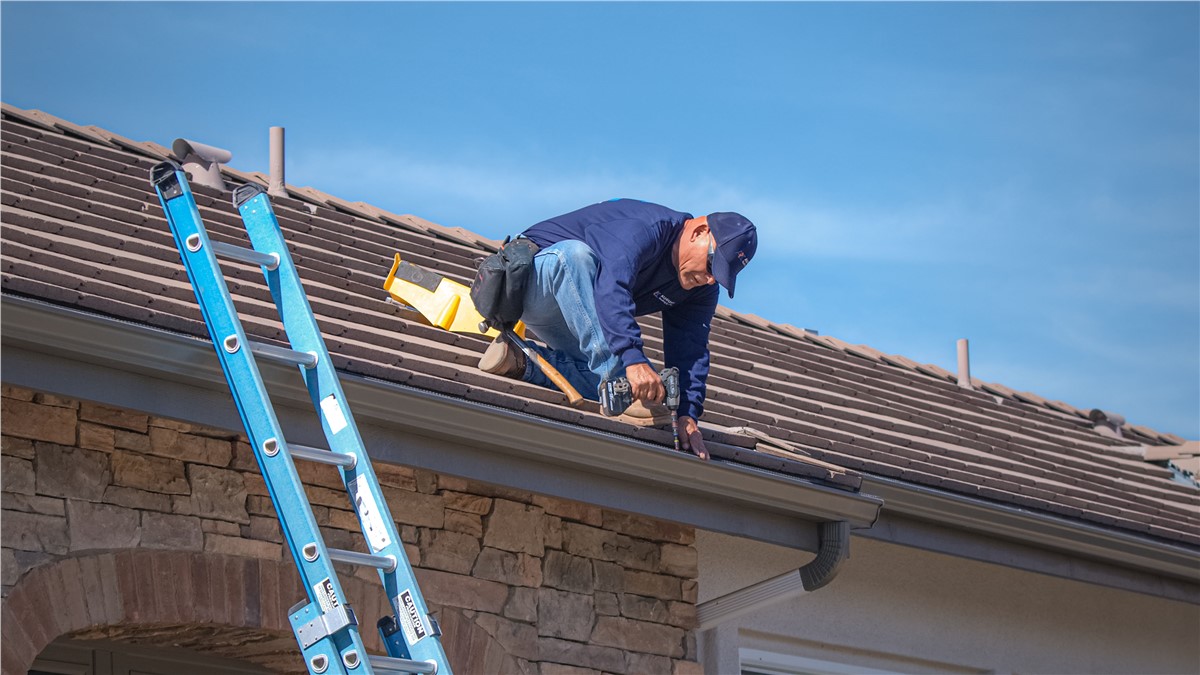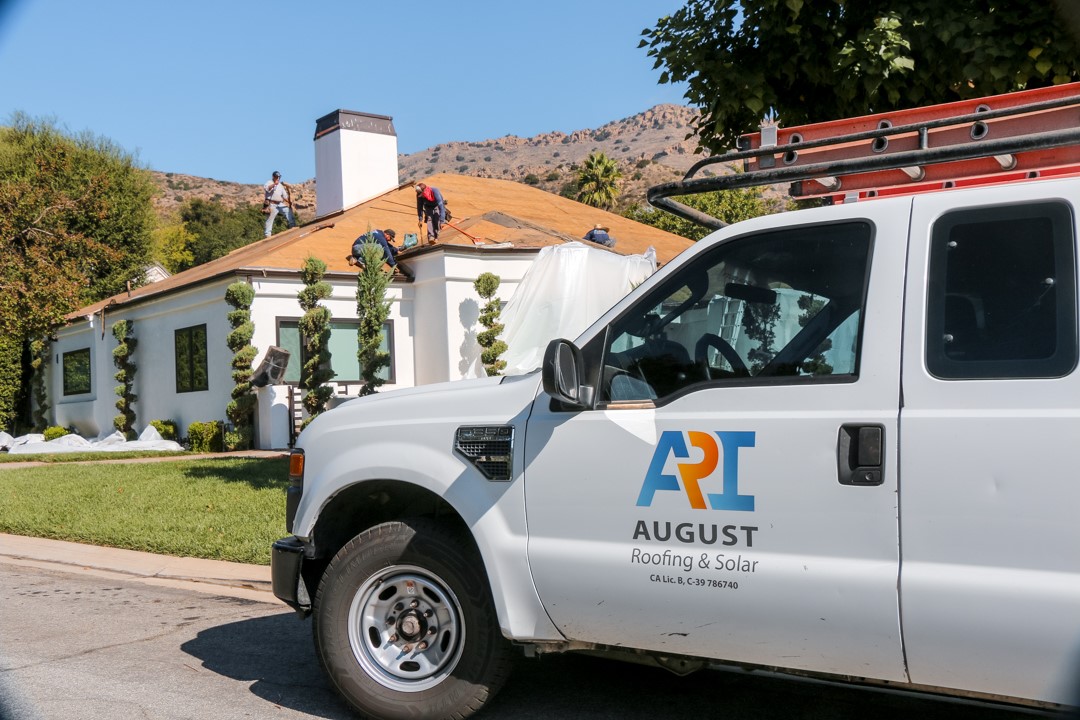It's midnight in October, the temperatures are cooling down, and the spooky season is beginning to unfold. That's when you hear the sound. But what could it have come from? You're the only one at home, and you've triple-checked that all of the doors are locked!
We've done some investigative work and are breaking down all of the creepy and haunting sounds that you hear in the middle of the night so that you can rest easy at night. Keep reading to learn more about what goes bump in the night.
Critters in the Attic
As the weather starts to cool down and the skies get heavy with rain, animals will begin looking for refuge from the temperatures and the precipitation.
Some of the most common creepy crawlies that you'll find in your attic or on your roof are:
- Rats/Mice. These animals love finding small, warm spaces to burrow in. You'll likely find them inside of holes in your attic and roof's insulation. The easiest way to discover if you have tiny rodents running around is by spotting their droppings.
- Squirrels. Causing even more damage than rats and mice, you'll want to quickly discover and remove any squirrels that have decided to take up residence in your attic and roof area. They're expert chewers, and nothing is off-limits, not even electrical wires, which could cause an electrical fire if you're not careful.
- Bats. Perhaps the spookiest of all the animals you'll find in your attic or eaves of your roof is the bat! That's right; there might be bats turning your home into their new abode. They'll typically enter your attic through teeny tiny holes in your roof and while they don't have a habit of chewing on things, they produce toxic droppings, which can cause illnesses if not dealt with quickly.
- Birds. Another winged animal that likes to call your house home is birds. They typically build nests under the eaves of your roof and sometimes inside your gutters. This can be incredibly problematic when it rains because the nesting material will clog your gutter, causing them to overflow and potentially damage your home.
- Raccoons. These clever mammals love to nest in the warm attic space of your home meaning, they are climbing onto your roof to get access to your attic. Proper maintenance of your roof and gutters are important to keep these animals from calling your attic home.
Branches Falling
If what you're hearing sounds less like a pitter-patter and more like a snap or crash, then you might be dealing with trees. There are a few different ways your trees could be leading to your nightmares.
- Breaking branches. If you hear a snapping or crashing sound, then you might have a broken branch on your hands, or more accurately, your roof. If this happens, it's essential to call a roofer out the next day to inspect the roof and ensure you don't have any broken shingles, bent gutters, or damaged flashing.
- Tapping on windows. On especially windy nights, you'll hear the telltale howl of the wind, but you also might hear a little bit more. Depending on how close your trees are to any windows, you might hear the branches' scraping against the windows. This is an especially creepy sound to hear, especially if the branch is scraping against your bedroom window.
Creaking in the Night
Your house is built using a lot of different materials, which all expand, contract, and shift at different rates depending on the temperature outside and the movement of the earth.
As you know, California is no stranger to earthquakes, which greatly disrupts the foundation of your home. Even if it causes no damage, your home will still be left to settle back into place, which can cause some of those creaking sounds that you hear at night.
Additionally, we mentioned that temperature plays a role in these sounds. During the day, when the temperatures are higher, the materials in your home expand, and as the temperatures cool down in the evening, they begin to contract again. This contracting process is another cause of shifting and creaking sounds that you'll hear in the dark.
Most sounds that you hear in your home are harmless, both to you and to your house's structure, but if you're ever unsure about the integrity of your roof, don't hesitate to give our team a call.
Tags
Subscribe to August Roofing & Solar's Blog







Comments